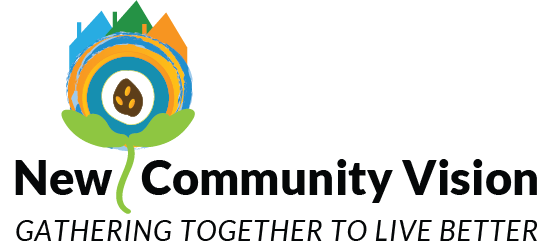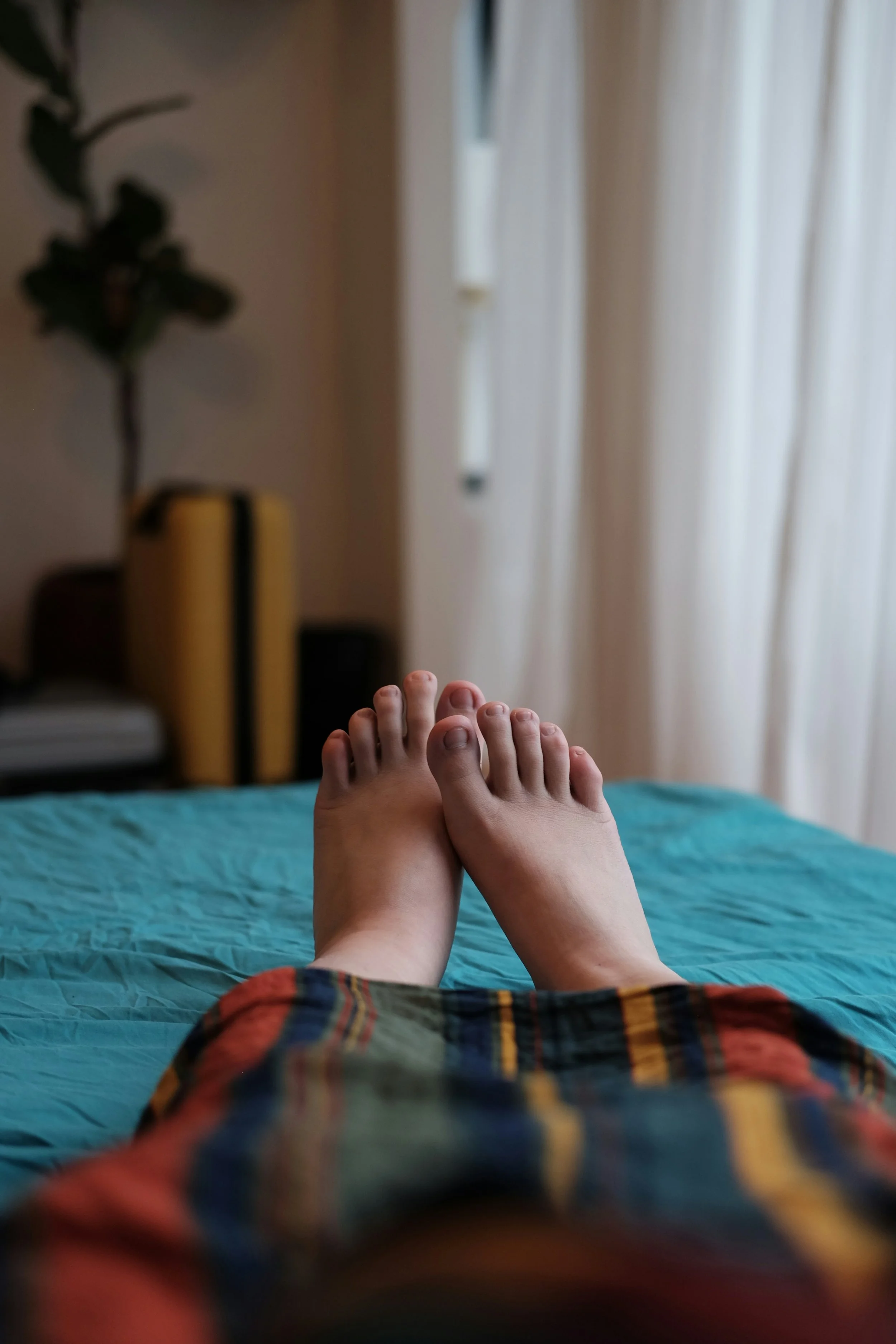“We’ve got your back” beats “It’s just us”
Photo by Thao Phan T. Phuong on Unsplash
My family's back was against the wall. I was entering the 8th grade, and we had moved to a new town in June. My father became ill with a life-threatening infection, leaving him bedridden from November to March. His mother moved in with us, and when she wore out, she called my maternal grandmother, begging her to drop everything to stay with us, a 3-hour drive away. Caring for a gravely ill person and five children ranging in age from 10 to 16 takes enormous emotional resources. That wretched year took a toll on all of us.
Since we lived 5 miles from town, my mom couldn't get to daily mass and commuted for 30 minutes, on a pretty but treacherous 2-lane highway, to her job as the librarian at Elizabeth High School. Depleted by stress, worry, and smoking, cut off from her robust support network of cronies, church, and living next door to her mother. She died of an aneurysm in five years.
This experience made an indelible impression, and I've advocated for supportive communities ever since.
We pay dearly for our rugged individualism. To be healthy, humans require the supportive networks of extended families and village life that were standard until World War II ended. The nuclear family and the housing boom became our firmly rooted national aspiration. Bucking thousands of years of human evolution is a failed design that is not working well.
When I see someone struggling, I often ask: "Who is backing you up?" Typically, the response is "No one. It's just us."
I worked with a talented guy with three children, the last one unexpected but welcomed and loved. His wife stayed home with the children, one a toddler and her diabetic mother. His income was erratic, so bringing home the bacon, tortillas, formula, and diapers could not have been easy.
When his wife became ill with a serious heart ailment, I asked who was helping them. He replied, "No one. It's just us." Later, he learned that a guy living on the same block would have been honored to help. He later died and could have used my friend's help, which he would have gladly provided. Regrettably, neither knew of the other's circumstances or needs.
I asked a colleague with two children who were close in age how she managed when they were young. She lowered her eyes, shook her head, and said those were dark years, and she didn't know how she got through them. The takeaway is that people need help, especially those with young children or aging parents.
Obviously, many people get through this, but at what price? Are people living joyfully? Do they have energy left for their partner and children, or are they spent by the end of the day?
We could make this easier by connecting with others and being open to receiving help. Why don't we? For one thing, people are reluctant to ask for help. People are proud and private, and feeling indebted is uncomfortable. Just as animals put up a good front for as long as possible lest they become prey, in our culture, we admire independence, although that is contrary to thousands of years of evolution.
Our pride and independence, while good to a point, can be unhealthy. I oppose maternal self-sacrifice for the sake of the children, an easy stance for me since I don't have children. People who love you want you to live for a long time.
Since no one is in a position to pay for the help they need, being open about help that actually helps and creating opportunities to receive it is a healthier approach.
I am testing a theory that if we organize our resources differently, ample help is available. I advocate that forming households of high-functioning adults living together harmoniously is an approach that would work for many people and vastly improve the lives of some of the 37 million adults who live alone.
Gathering intentionally and regularly as a community, nurturing good ideas, and sharing resources will lead to solutions that make us happier and healthier. When we replace "It's just us" with "We've got your back," we will make progress.

